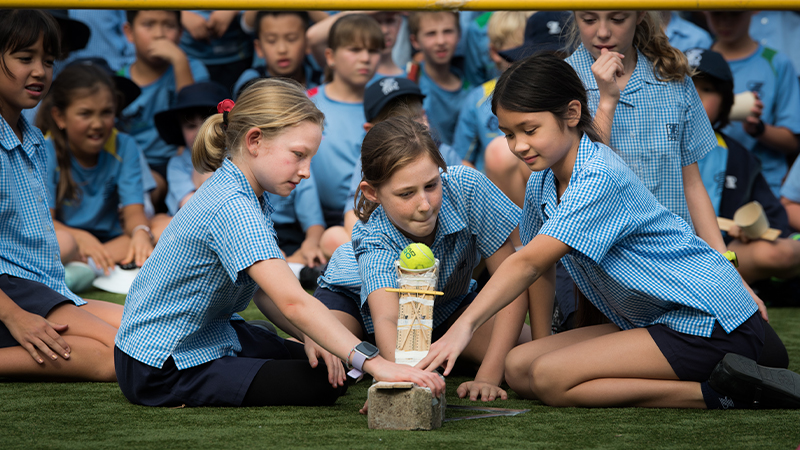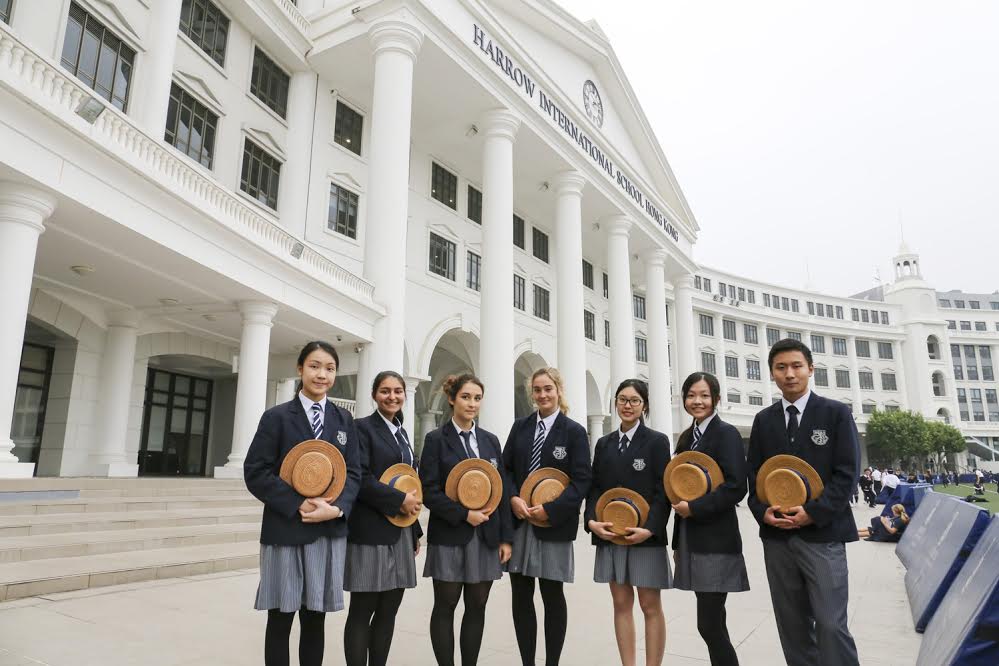A really effective education shapes people equipped to flourish in a globally linked society rather than just getting them ready for tests. International schools are especially well-suited to provide this sort of transforming encounter. Their classrooms inspire kids to think beyond borders, welcome variety, and foster curiosity. A well-rounded education system like english international school hong kong combines academic discipline with creative flexibility, therefore inspiring young minds to investigate, question, and express themselves.
Nurturing Creative Exploration
A child’s cognitive and emotional development depends much on creativity. Many times, international schools create their courses to allow room for creativity and invention. Students are urged to investigate ideas via art, music, design, and project-based learning rather than depending just on conventional tests. These institutions know that creativity is not just in the arts; it is also in innovative ideas, problem-solving, and discovering fresh perspectives in the humanities, mathematics, and science. Embracing this attitude helps pupils to face difficulties with confidence and be more ready to take chances. They discover that their original thoughts have merit and that usually more than one correct response is available. Teachers in foreign environments usually play facilitator instead of lecturer, hence steering students through open-ended inquiries, group projects, and practical knowledge applications. This strategy motivates a generation of thinkers unafraid to invent, change, and build solutions in their future jobs.

Developing Independent Thought
Meaningful learning starts with critical thinking. Students in foreign classrooms are taught to examine, interpret, and evaluate material rather than only remember it. They are urged to respect others’ views as well as to develop their own. Personal development and intellectual maturity depend on this equilibrium of autonomous thought and open-minded communication. Students at english international school hong kong participate in organized debates, inquiry-based learning, and cross-disciplinary projects that call for careful consideration. They are allowed to challenge assumptions, link ideas across disciplines, and use their knowledge to solve modern problems. These academic encounters equip students to be good decision-makers—a necessary quality in both higher education and practical environments—by means of sharpened thinking abilities. Mastering the craft of critical thinking helps students to not only swiftly but also carefully and morally address issues.
Celebrating Cultural Diversity
One lesson does not teach global awareness; it is felt daily in an international educational setting. The classroom turns into a microcosm of the global community with professors and students from all around. Cultural interchange occurs organically, so enabling pupils to pick up new languages, trade customs, and honor many worldviews.
Constant exposure to variety helps young students grow empathy, curiosity, and a more comprehensive knowledge of the world. It also equips individuals to manage and operate in multicultural teams—a need in the global economy. Many international schools include world problems in their courses, so they guide students to consider their influence and responsibility in the society. From a young age, children learn responsible citizenship via service learning, model UN initiatives, and intercultural projects. An international education is about how pupils develop as much as what they study. It creates competent, caring, and confident people ready to significantly contribute to an always changing, varied society.




